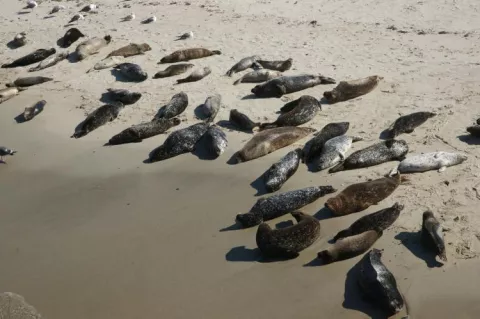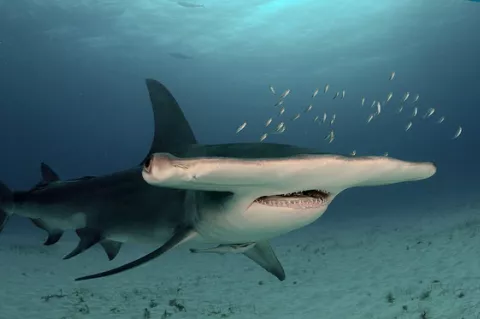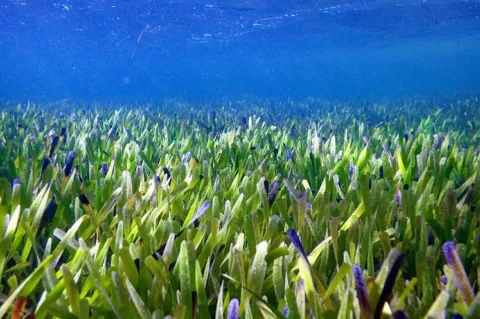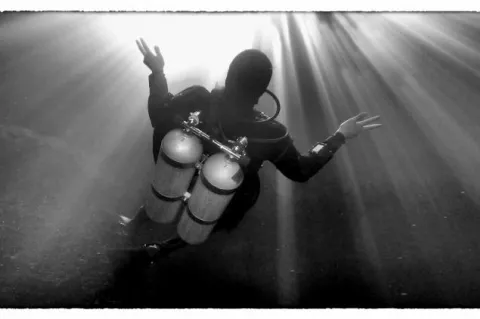Did marine mammals cause emergence of tuberculosis in the Americas?
DNA research has shown that Mycobacterium pinnipedii, which today causes tuberculosis (TB) primarily in pinnipeds, infected human populations living in the coastal areas of Peru prior to European colonisation
The earliest cases are found in Peru and northern Chile and are dated to ~700 CE, with possible cases occurring as early as 290 CE.
The researchers also discovered TB in the skeletons of people who lived nowhere near the coast some 400 to 1,000 years ago — a scenario incompatible with TB transmission directly from infected pinnipeds or their tissues.





